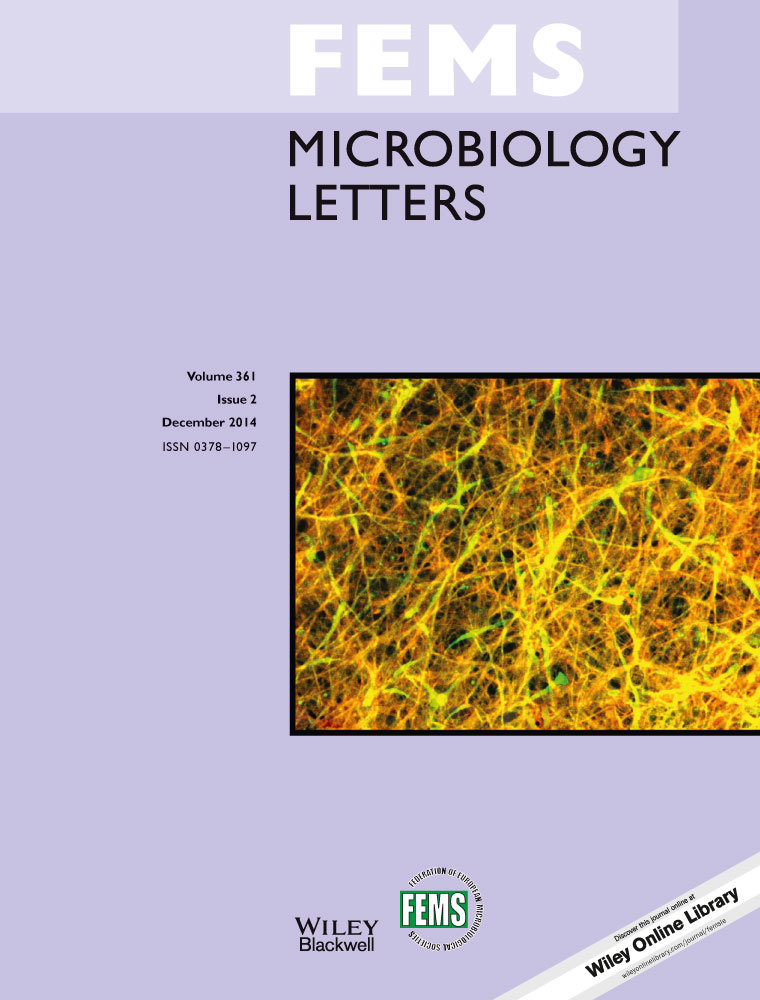Genetic basis of macrolide and lincosamide resistance in Brachyspira (Serpulina) hyodysenteriae
Abstract
Macrolide antibiotic resistance is widespread among Brachyspira hyodysenteriae (formerly Serpulina hyodysenteriae) isolates. The genetic basis of macrolide and lincosamide resistance in B. hyodysenteriae was elucidated. Resistance to tylosin, erythromycin and clindamycin in B. hyodysenteriae was associated with an A→T transversion mutation in the nucleotide position homologous with position 2058 of the Escherichia coli 23S rRNA gene. The nucleotide sequences of the peptidyl transferase region of the 23S rDNA from seven macrolide and lincosamide resistant and seven susceptible strains of Brachyspira spp. were determined. None of the susceptible strains were mutated whereas all the resistant strains had a mutation in position 2058. Susceptible strains became resistant in vitro after subculturing on agar containing 4 μg ml−1 of tylosin. Sequencing of these strains revealed an A→G transition mutation in position 2058.




